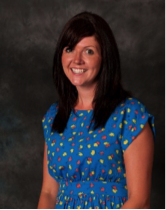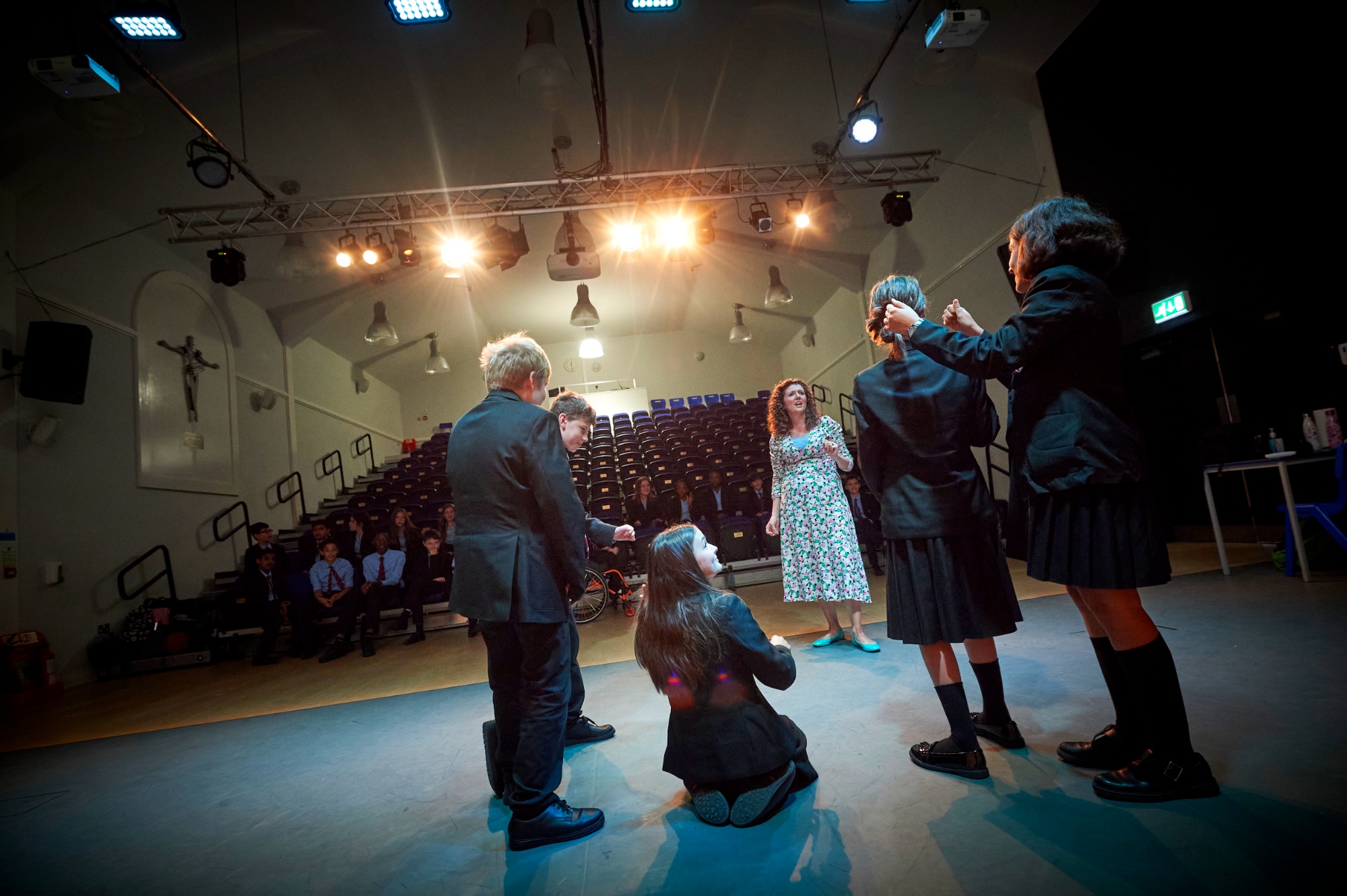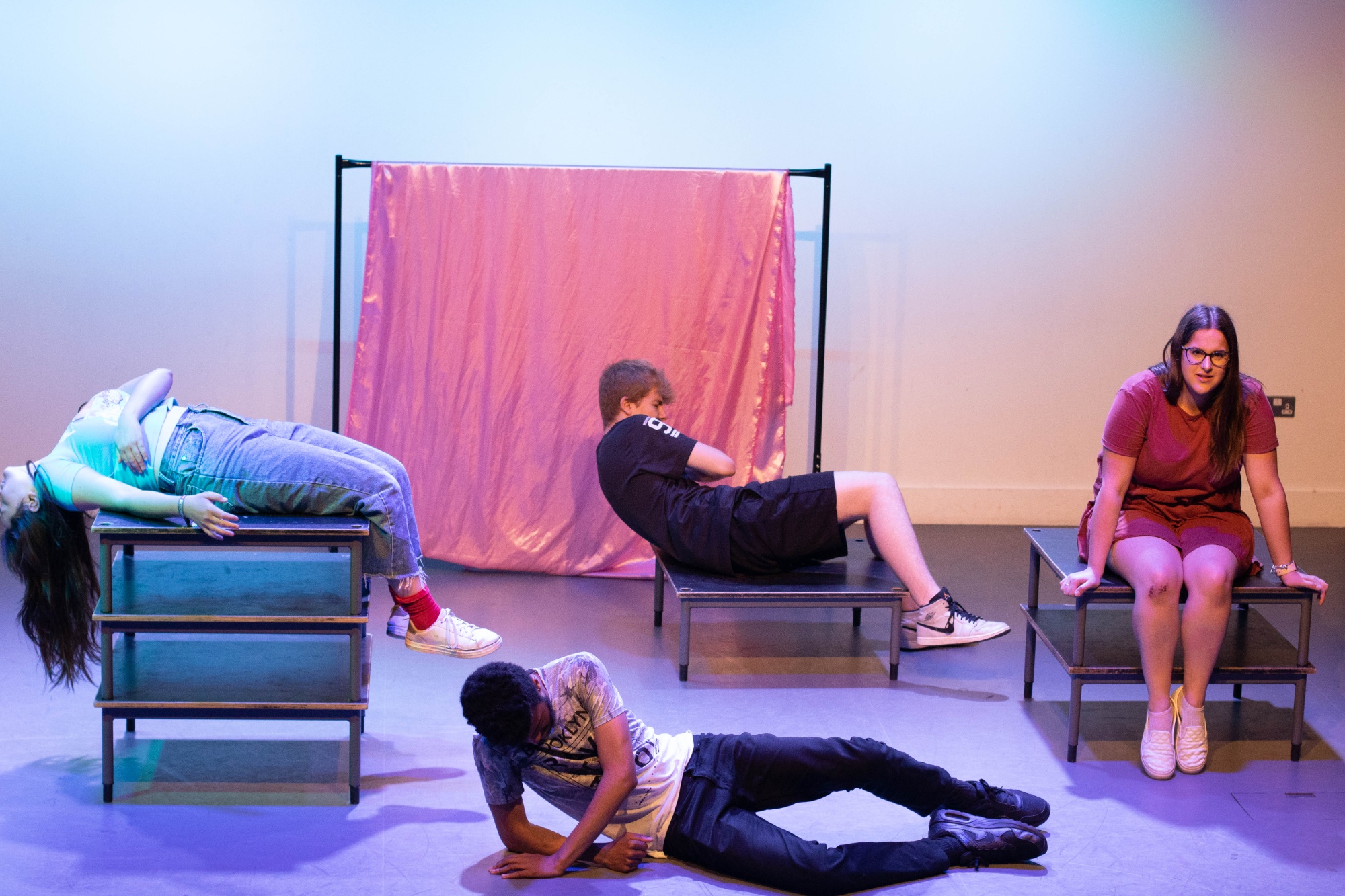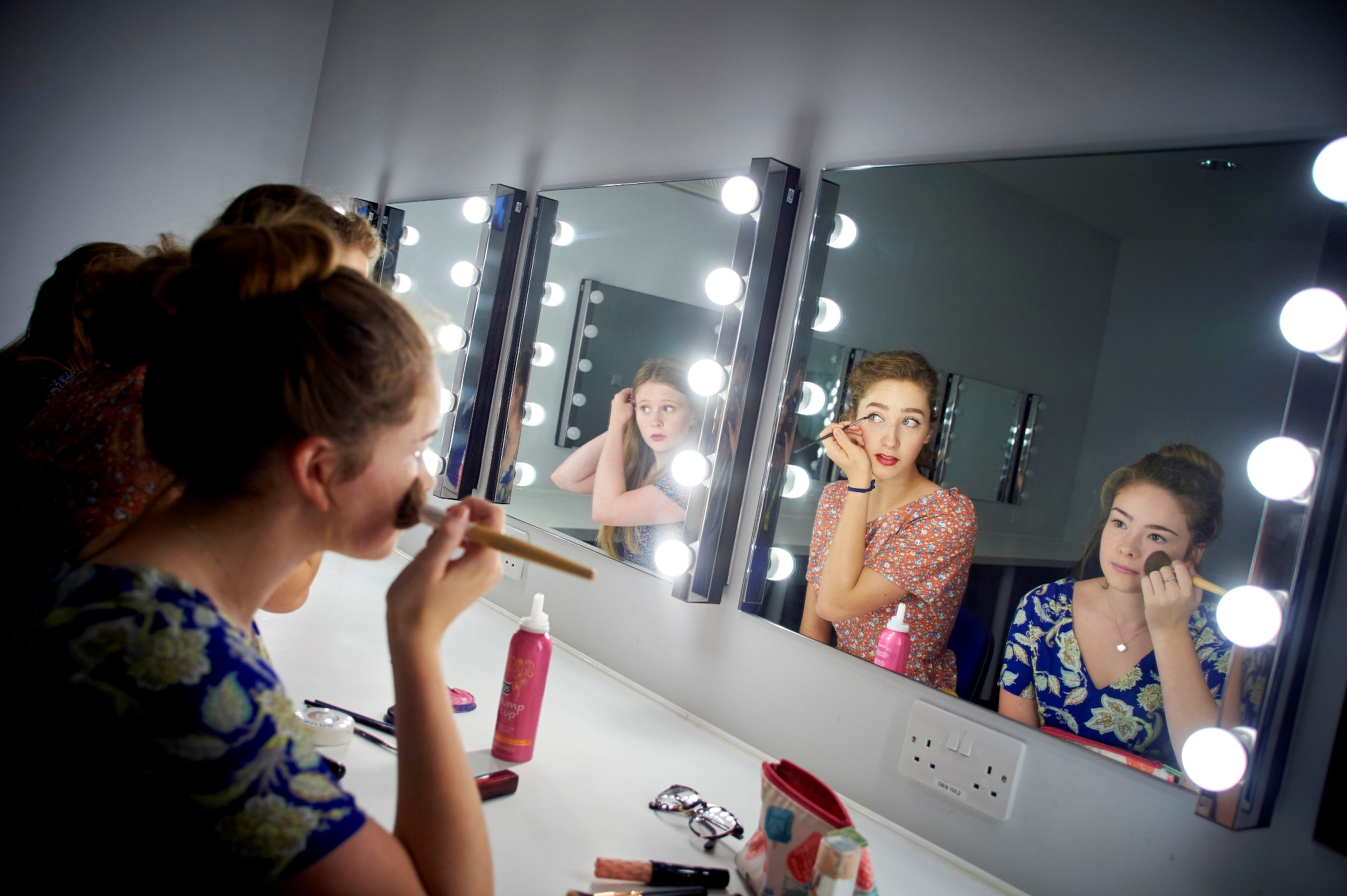Drama

Mrs J Hulland
Head of Drama
The Team
| Mrs H Holland | Teacher of Drama |
Introduction to the Department
Drama at St Peter’s involves an array of exciting playwrights and styles of performance, and students learn in Drama to work creatively and innovatively with others. They learn how meaning is communicated onstage through a wide variety of theatrical techniques, they work together to create new theatre and they are able to appreciate and analyse their own and others’ performances. Drama builds presence, confidence and assurance in our students, and equips them with a clear understanding of how voice, movement and facial expression can be used to best effect.
Key Stage 3
During Key Stage 3, students build up a strong basis of skills to prepare them for GCSE or to give them transferable communication, presentation and teamwork skills. In Years 8 and 9, they read a full length play and perform a section from it, as well as improvising their own original performances. These units develop their ability to research independently, solve problems, devise and script their own plays, and perform and evaluate their own and others’ work. Drama is a highly practical subject and enables our students to engage an audience and communicate effectively.
In Year 7, students begin with an introduction to mime, movement and role play, before exploring the history of the Titanic and dramatising verbatim survivor’s accounts. They learn about ancient Greek theatre, present a scene from Goodnight Mr Tom as part of their work on Evacuees, and create grotesque characterisations using Roald Dahl’s Matilda as a stimulus.
In Year 8, students learn the style and conventions of Victorian melodrama and create their own melodrama performance, learn about physical theatre through exploring extracts from Alice in Wonderland, read and perform Sam Holcroft’s play The Wardrobe about children surviving war and conflict, create devised pieces on the theme of Migration and learn about design elements in theatre through studying the production Shrek.
In Year 9, students learn the history and conventions of Commedia dell’Arte and create their own Commedia play. They read Nell Leyshon’s play The Beauty Manifesto and perform an extract from the play whilst learning about dystopian drama. They learn about Bertolt Brecht’s vision for a non-naturalistic theatre and create a Brechtian play, and explore extracts from Shakespeare’s A Midsummer Night’s Dream.

Key Stage 4
In Years 10 and 11, students complete the OCR GCSE Drama course. Students are assessed on their ability to devise original drama, to interpret a script creatively and develop a role, and to analyse and evaluate their own performances and those of their peers and of professionals. Students devise an original play in response to a choice of stimuli and create a portfolio charting this creative process, either as a written document, or as a series of video recordings. They perform in two extracts from the same play for their performance exam, which is assessed by a visiting examiner. In addition, they complete a written paper responding creatively to their set text, Kindertransport, and analysing a live theatre production they have seen.
During the course, students develop as independent, effective learners and as reflective and critical thinkers. They develop their skills of enquiry and demonstrate their competency in a wide range of practical, creative and written skills. Their skills as collaborators are honed as they learn to generate, refine and perfect their creative ideas.


